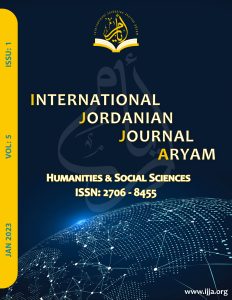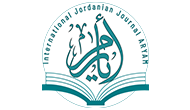Abstract: Classroom-Based Assessment (CBA) utilizes a variety of techniques to provide feedback for both summative and formative decision-making. In EFL classrooms, effective feedback on language components and skills requires diverse assessment methods that capture different types of knowledge and levels of skill. Restricting CBA to narrowly defined, objective methods for summative purposes limits its potential to improve teaching and learning. This study investigates the main CBA techniques used in Moroccan EFL high schools and their alignment with sound assessment principles. Using a mixed-methods approach, data were collected from 260 teachers through an online questionnaire, followed by checklist-based classroom observations of two teachers and document analysis of tests and materials from ten teachers. Results indicate that written exams and worksheets featuring selected response and short answer formats predominate in CBA. Reading is primarily assessed via true/false and WH-questions, while writing is evaluated through paragraph tasks. Listening and speaking are seldom taught or assessed as standalone skills. Concerning EFL components, gap-filling is the most common CBA technique, followed by multiple-choice questions, providing the correct verb form, and matching exercises. Alternative CBA methods are mainly limited to projects and role plays, with occasional use of peer and self-assessment. The study concludes with practical recommendations for policy, teaching, and future research.
Keywords: classroom-based assessment, tests, items, alternative techniques and constraints
DOI: https://zenodo.org/records/16606159
IJJA is a Humanities and Social Sciences publishing journal committed towards providing a platform to outstanding scientists and researchers to exhibit their findings for the furtherance of Humanities and Social Sciences.
The International Jordanian Journal, Aryam Journal of Humanities and Social Sciences (IJJA) (ISSN Online: 3006-7286) welcomes high quality contributions investigating topics in the fields of Humanities and Social Sciences.
![42cd5crossreff[1]](https://aijj.org/wp-content/uploads/2023/04/42cd5crossreff1.jpg)
![6357copenaccsess[1]](https://aijj.org/wp-content/uploads/2023/04/6357copenaccsess1.png)
![97aa6road[1]](https://aijj.org/wp-content/uploads/2023/04/97aa6road1.jpg)

